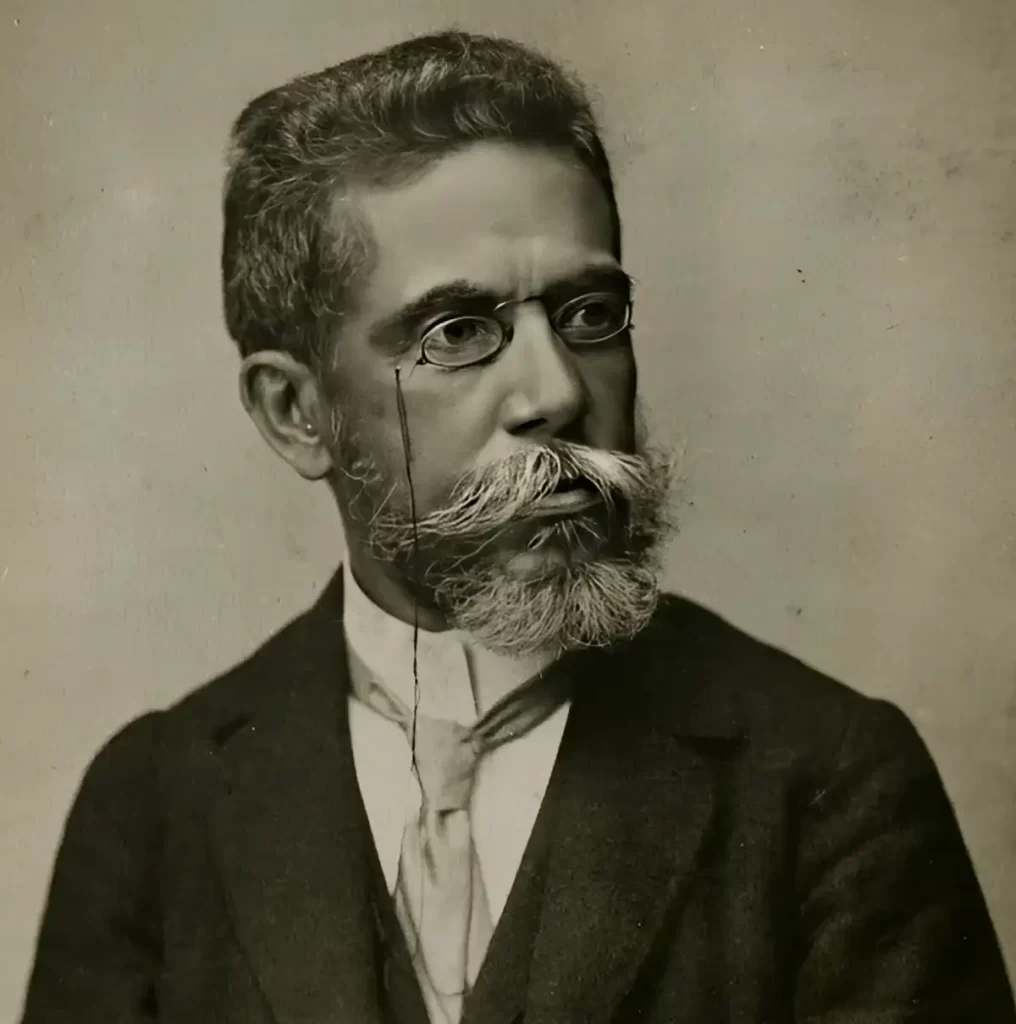Machado de Assis: This Viral TikTok Explains Why You Need to Read ‘The Posthumous Memoirs of Brás Cubas’ Now
The Timeless Brilliance of Machado de Assis: A Literary Giant Across Continents
Imagine discovering a literary gem from a different century and culture, only to find its themes resonate deeply with your own life.
Such is the magic of Machado de Assis, Brazil’s most celebrated author.
Recently, a viral TikTok video by American TikToker, writer, and podcaster Courtney Henning Novak reignited global interest in the Author.
Novak’s heartfelt review of “The Posthumous Memoirs of Brás Cubas” captured the attention of thousands, sparking renewed conversations about Machado’s work.
Her engaging and sincere approach introduced many to the brilliance of Machado, showing how his themes remain relevant today.
I first encountered Machado de Assis’s works some time ago, and his innovative narrative style and deep psychological insights left a lasting impression on me.
However, Novak’s viral TikTok brought him back to the forefront of my mind, prompting me to dive once more into his literary world.
This article delves into the life and work of Assis, focusing on his seminal work, “The Posthumous Memoirs of Brás Cubas.”
We’ll explore other Brazilian literary figures like Paulo Coelho, the Portuguese poet Luís de Camões, and draw comparisons with American writers to highlight Machado’s global influence.
By examining Assis’s contributions to literature and his lasting impact, we aim to shed light on why he is revered not just in Brazil but around the world.
His works transcend cultural and temporal boundaries, proving that great literature can touch the hearts and minds of readers everywhere.
Navigate to What Matters
Background Information on Machado de Assis
Joaquim Maria Machado de Assis was born on June 21, 1839, in Rio de Janeiro, Brazil. Despite facing significant challenges due to his mixed-race heritage and poor background, Machado rose to prominence through sheer talent and determination.
His early works were influenced by Romanticism, but he later became a pioneer of Realism in Brazil. His writing is known for its sharp wit, profound psychological insight, and sophisticated narrative techniques.
Machado’s works often critique social norms and human folly, making them timeless in their relevance.
He wrote novels, short stories, poems, and plays, but it is his novels that have cemented his place in literary history.
-

 Best Picks1 year ago
Best Picks1 year agoDriving Insurance: Get the Best Car Coverage Without Overpaying
-

 Best Rewards7 months ago
Best Rewards7 months agoBest rewards credit cards in 2025 for everyday use
-

 Personal Growth & Mindset1 year ago
Personal Growth & Mindset1 year agoTed Lasso Effect: 5 Goal-Setting Secrets You Must Know
-

 Career & Success1 year ago
Career & Success1 year agoChallenges of Not Having Goals: 5 tips to help you get started
-

 AI & Future Trends1 year ago
AI & Future Trends1 year agoAI in Time Management 2024: A New Era of Productivity for Business Leaders
-

 Career & Success1 year ago
Career & Success1 year ago5 Steps to Navigate Your Return to Work After a Sabbatical and Reignite Your Career








